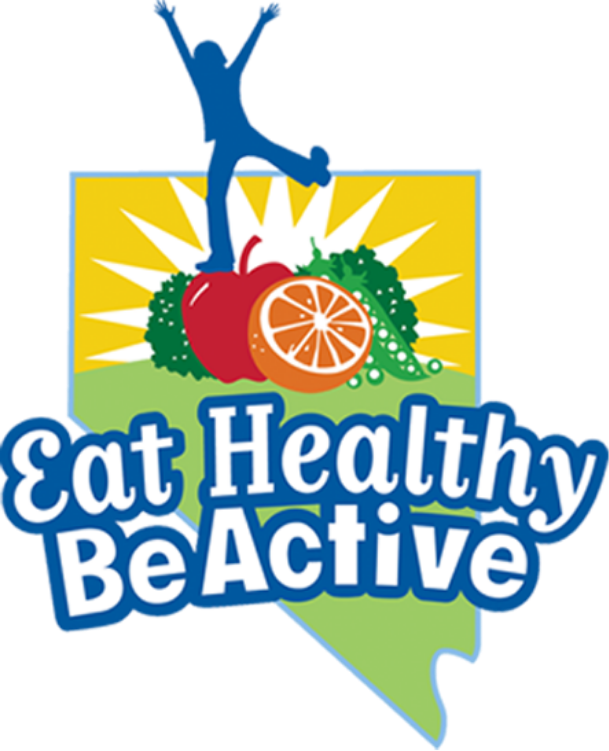Making healthy food choices along with regular physical activity will help fuel your baby’s growth and keep you healthy during pregnancy and while you are breastfeeding. Fruits, vegetables, whole grains, protein foods, and fat-free or low-fat dairy products are healthy choices. Include a variety of protein foods such as seafood, lean meats, poultry, beans, peas, lentils, nuts, and eggs. Limit foods and beverages higher in added sugars, saturated fat, and sodium.
Eating seafood during pregnancy may benefit your baby’s growth and is a healthy protein source for you during both pregnancy and while breastfeeding. Choose options lower in methylmercury, like cod, salmon, tilapia, or herring. Learn more at FDA’s Advice About Eating Fish: https://www.fda.gov/food/consumers/advice-about-eating-fish
You and your unborn child are more susceptible to the effects of foodborne illnesses. Take special care to keep foods safe and to avoid certain foods that increase your risk.
- During pregnancy, make sure that seafood, meat, poultry, or eggs have been cooked to the recommended safe minimum internal temperatures.
- Avoid consuming unpasteurized (raw) juice or milk, raw sprouts, or some soft cheeses made from unpasteurized milk.
- Reheat deli and luncheon meats and hot dogs to steaming hot or 165°F.
- More information is available at CDC’s Maternal Diet webpage: https://www.cdc.gov/breastfeeding/breastfeeding-special-circumstances/diet-and-micronutrients/maternal-diet.html
When making food and beverage choices, unless you are advised by your healthcare provider, you do not need to restrict your choices during pregnancy or while breastfeeding to prevent food allergies from developing in your child.
In addition to eating a healthy diet, your doctor may recommend a prenatal vitamin and mineral supplement to help make sure you get enough to meet your needs. After pregnancy, your need for some vitamins and minerals may decrease. Your doctor may recommend switching from a prenatal to a multivitamin supplement during breastfeeding.
Calorie needs will likely be different during pregnancy and while you are breastfeeding. Get your MyPlate Plan (https://www.myplate.gov/myplate-plan) to learn how many calories you may need. With all the information that is on the internet, from friends or family, remember to work closely with your healthcare provider to determine the right amount of calories for you, based on a variety of factors. For more information visit: https://www.cdc.gov/breastfeeding/breastfeeding-special-circumstances/diet-and-micronutrients/maternal-diet.html
